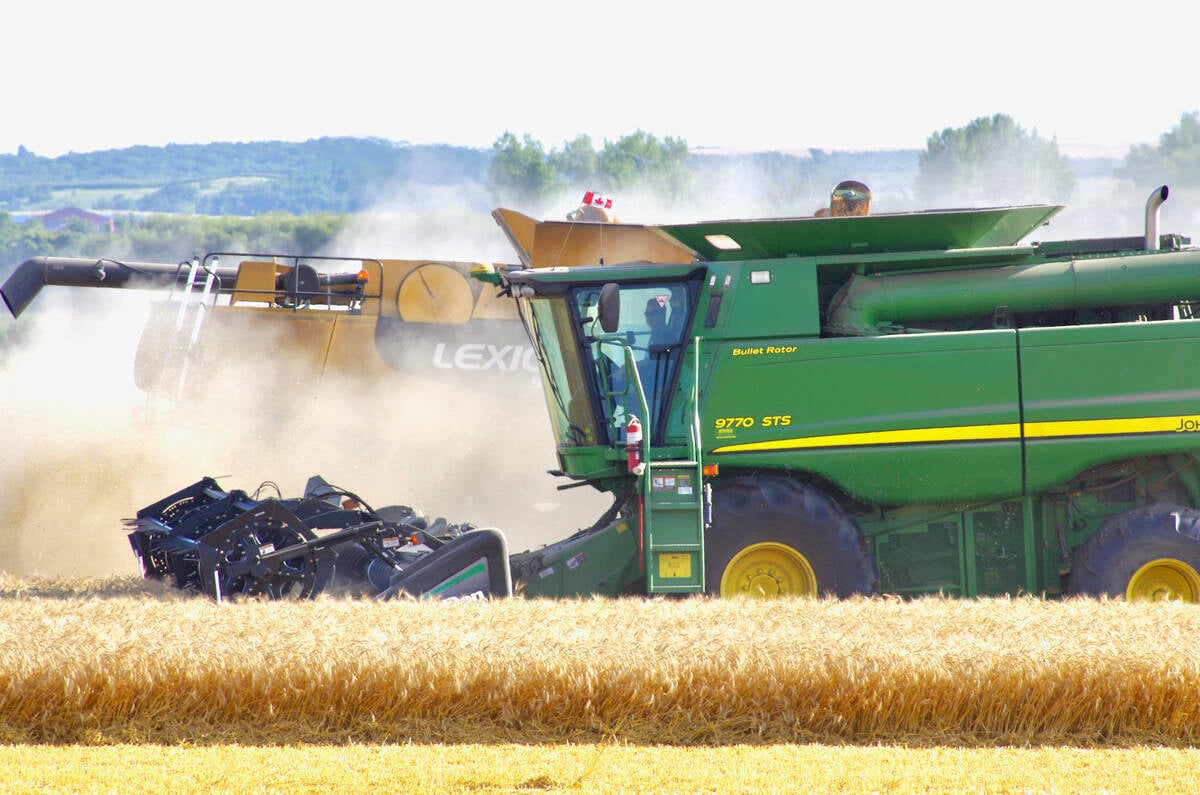Winnipeg, September 28 – Trans Pacific Partnership discussions are once again underway, spurring farming groups into action to rally up support for their causes.
Negotiators from the 12 Pacific Rim countries began discussions on September 26 in Atlanta, and Canadian trade minister Ed Fast is expected to join the meeting on Wednesday.
The Canola Council of Canada said it wants Canada to negotiate a trade deal which will help the industry grow.
For the organization that means increased access into the Asia Pacific region.
Since Australia implemented their free trade agreement with Japan earlier this year, Australian canola oil faces lower tariffs entering Japan than Canadian canola oil. Currently Canada faces tariffs of 13 per cent on crude oil and 16 per cent on refined oil.
Read Also

Prairie Wheat Weekly: Most Western Canadian bids higher
Western Canadian wheat prices were higher on Oct. 16, 2025 compared to the past week.
These tariffs mean virtually all canola exported to Japan is unprocessed seed. Because of their free trade agreement, tariffs on Australian canola oil into Japan are now two per cent less for crude oil and three per cent less for refined oil – a difference that will grow over time as tariffs on Australian canola oil are phased out over the next eight years.
The Canola Council said competitiveness in Japan is especially important as there is steady demand from the country.
“The TPP is simple for canola—if the agreement doesn’t deliver we fall further behind,” Brian Innes, vice president of government relations for the Canola Council of Canada said in an emailed statement.
The Canadian canola industry estimates that being outside the TPP would mean $14 billion in lost export opportunity over the course of the agreement.
Other industries are in a position lose out if a deal is made not in their favour, namely the supply managed dairy, egg and poultry sectors.
If Canada makes concessions in those sectors by opening up the domestic market to American products, supply managed sectors would struggle to be competitive.
The Canadian government has publicly stated its support for supply managed industries and has said a deal will not be made unless it benefits Canada.
“Our government continues to push-back against unrealistic demands from the US and New Zealand. The government understands that it is important for the Canadian economy that there are no negative impacts for Canadian dairy farmers at the conclusion of TPP,” said Wally Smith president of Dairy Farmers of Canada in a statement on the organization’s website.
TPP officials are meeting from September 26-29, followed by a ministerial meeting from September 30 to October 1.














